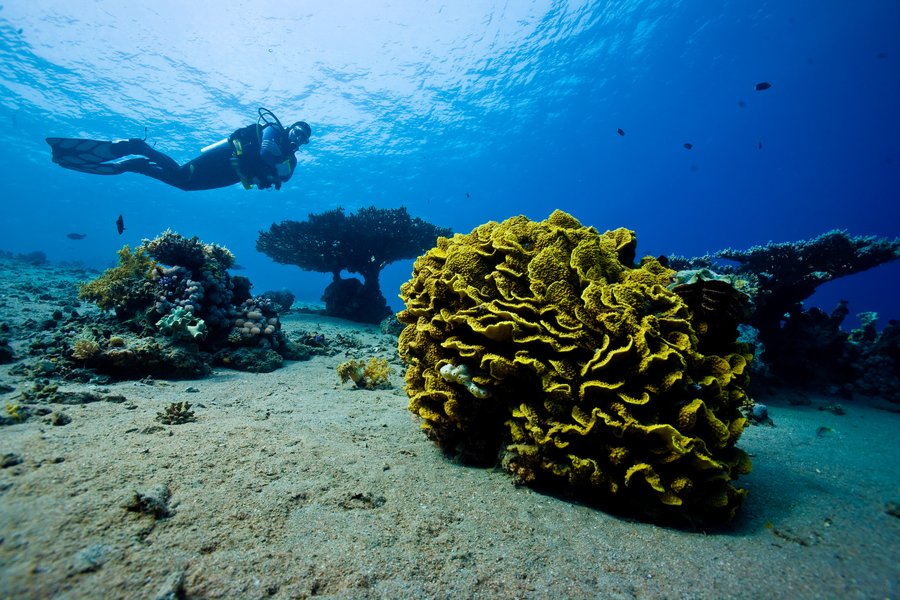Laurice, Dylan and I wanted to find out how long you need to ride a bike to produce enough energy to play a Computer Game for 1 hour.
We found out that a Playstation needs 1000 Watt per Hour.
https://www.bergfreunde.de/wattzahl-rennrad-rechner/
So we calculated the number of hours needed to produce 1000 watt while riding the bike.
Definition:
An oil is any non-polar chemical substance that is a viscous liquid at room temperature and is both hydrophobic (does not mix with water, literally "water-shy") and lipophilic (mixes with other oils, literally "fat-loving").
Oils have a high carbon and hydrogen content and are usually flammable and surface active. Most oils are unsaturated lipids that are liquid at room temperature.
Use:
The consumption of oil is still rising. In 2017, it was almost 100 million barrels (159 litres) per day worldwide. For years, road transport has accounted for the largest share of consumption: worldwide, it was 42 percent in 2014, in the EU consumption is even slightly higher. Air transport and maritime shipping also account for more than ten percent. Crude oil is playing an ever smaller role in heating buildings; this is being replaced by electricity or other energy options.
Consume of oil:
Oil has historically been the world's most used energy source. The US has been the biggest oil consumer for the past two decades followed by China, which has been consuming increasingly more oil, especially gasoline. Oil is particularly useful as a fuel because of its high energy density.
Crude oil is processed at petroleum refineries to make many different products, such as motor gasoline, distillate fuel oil, hydrocarbon gas liquids, and jet fuel. More than two-thirds of finished petroleum products consumed in the United States are used in the transportation sector. 33
Our Goals (KW 2)
- finish text production
- find Picture and ask for Copyright
- talk with Ms. Sutter
- get Ready to post
Laurice & Michael
Our idea is to calculate how many trees the city of Zurich would need in order to be able to call itself climate-neutral. With an interview and a survey, we would like to clarify this
Areas in Zurich:
9032 hectares (2018) --> 90.32 square kilometres
- Agricultural area 9.5%
- Forest area 26.4%
- Traffic area 14.6%
- Settlement area 47.7%
- Area of water bodies 1.2%
- Unproductive area 0.6%More...
Review and evaluation of what has been done and what remains to be done
We have drawn up a plan to realise everything we want to achieve
All in all, we hardly had any problems. The only thing that can be a thorn in our side is the coronary gland, which makes the survey and interview difficult.
We try to stick to the plan and work through everything step by step.
This week we will contact Andrea Gion Saluz to organize an interview. Maybe this will help us enormously in the other things
Laurice & Michael

We decided to answer the question "How many trees does a city like Zurich need to offset its CO2 emissions?
We wanted to analyse this question with research and a subsequent calculation, and to get the opinion of the people with a survey.

We want to use a calculation to evaluate how many trees are necessary to make a city like Zürich CO2 neutral.
- What kind of trees convert the most CO2 into oxygen?
- How long does it take a tree to convert the full amount of CO2?
- Costs of 1 Three?
- How much space does a tree need?
- Is the number of the trees possible to compensate the whole CO2 emission?
- Is the number of trees required realistic in relation to the amount of space in a city?
We will illustrate our results with a benefit analysis and will explain it in a report. à (Costs, amount of space required, Purchase price, service costs needed)
We will make a survey with random people, friends, and our classmates. à About the CO2 emission per person.
We plan an interview with a person from an organisation, which want to plant trees or to regulate the CO2 in the air over Zürich.
- How much money it will cost, to make a city climate neutral
- What are the main goals?
- When should the target be reached?
- What are the possibilities?

I want to use this post to promote a project that concerns us all. Plastic waste in the oceans and the conservation of the reefs. Even though we do not have a sea in Switzerland, we are also affected and responsible to preserve it for posterity.
